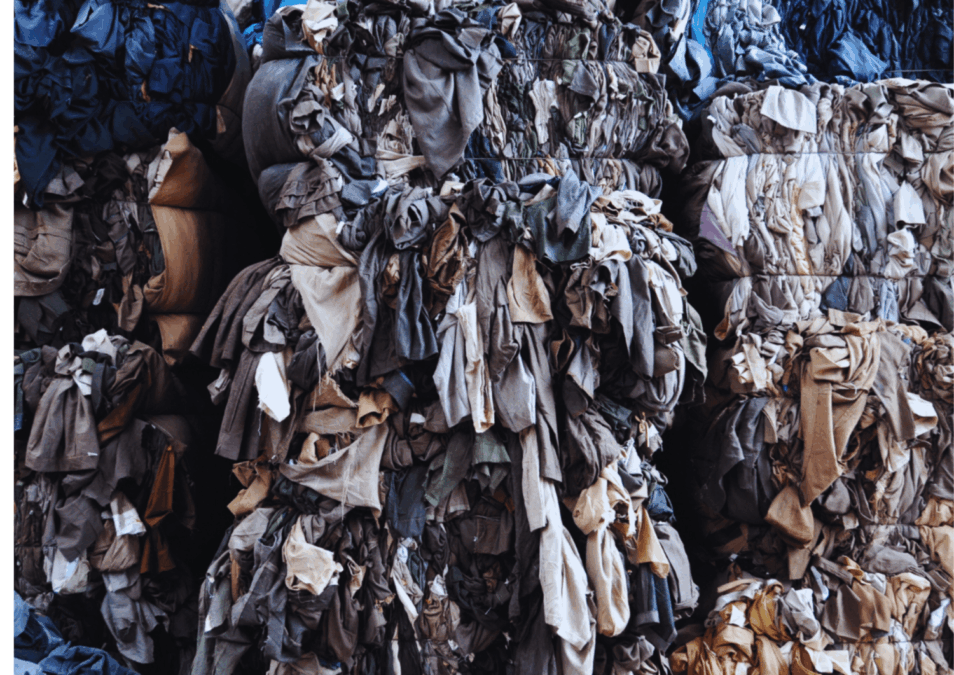On Wednesday, Parliament adopted its proposals to better prevent and reduce waste from textiles and food across the EU.
MEPs adopted their first reading position on the proposed revision of the Waste Framework with 514 votes in favour, 20 against and 91 abstentions.
Tougher objectives to cut down food waste
They propose higher binding waste reduction targets to be met at national level by 31 December 2030 – at least 20% in food processing and manufacturing (instead of 10% proposed by the Commission) and 40% per capita in retail, restaurants, food services and households (instead of 30%). Parliament also wants the Commission to evaluate if higher targets for 2035 (at least 30% and 50% respectively) should be introduced, and if so, asks them to come up with a legislative proposal.
Producers to cover costs for collecting, sorting and recycling waste textiles
MEPs agree to extend producer responsibility (EPR) schemes, through which producers that sell textiles in the EU would have to cover the costs for collecting, sorting and recycling them separately. Member states would have to establish these schemes 18 months after the entry into force of the directive (compared to 30 months proposed by the Commission). The new rules would cover products such as clothing and accessories, blankets, bed linen, curtains, hats, footwear, mattresses and carpets, including products that contain textile-related materials such as leather, composition leather, rubber or plastic.
Quote
Rapporteur Anna Zalewska (ECR, PL) said: “Parliament has come up with targeted solutions to reduce food waste, such as promoting “ugly” fruits and veggies, keeping an eye on unfair market practices, clarifying date labelling and donating unsold-but-consumable food. For textiles, we also want to include non-household products, carpets and mattresses, as well as sales via online platforms.”
Next steps
The file will be followed up by the new Parliament after the 6-9 June European elections.
Background
Every year, 60 million tonnes of food waste (131 kg per person) and 12.6 million tonnes of textile waste are generated in the EU. Clothing and footwear alone account for 5.2 million tonnes of waste, equivalent to 12 kg of waste per person every year. It is estimated that less than 1% of all textiles worldwide are recycled into new products.
In adopting this report, Parliament is responding to citizens’ expectations for the EU to apply circular economy principles and promote measures against food waste, as well as to implement without delay an ambitious sustainable textile strategy and increase environmental standards, as expressed in proposals 1(3), 5(8), 5(9) and 5(11) of the conclusions of the Conference on the Future of Europe.







